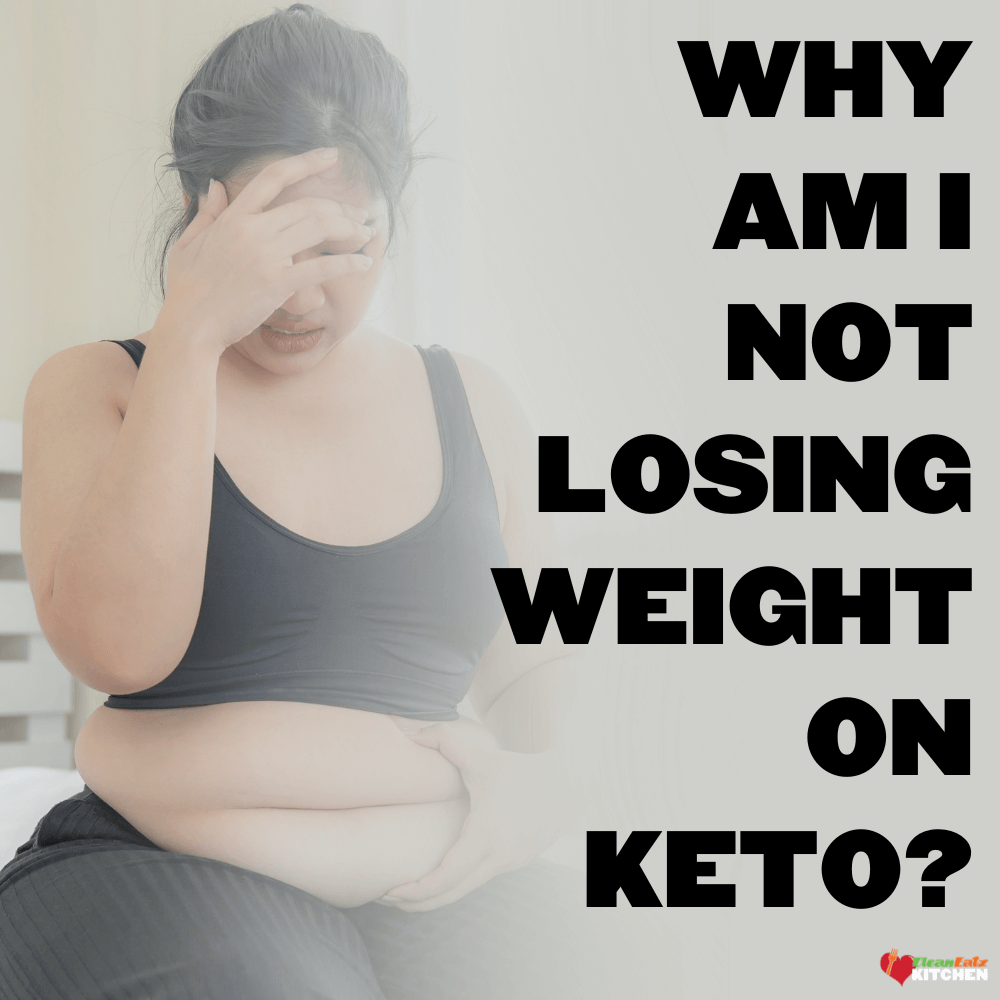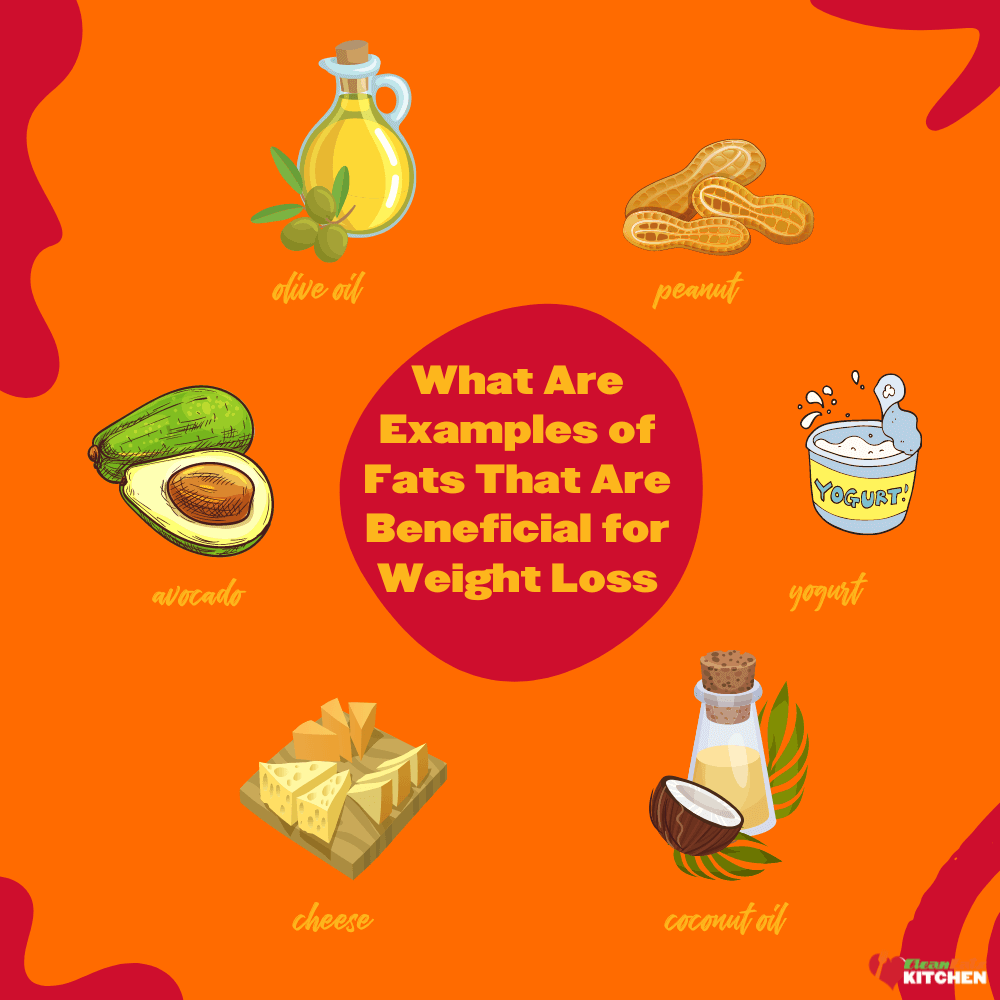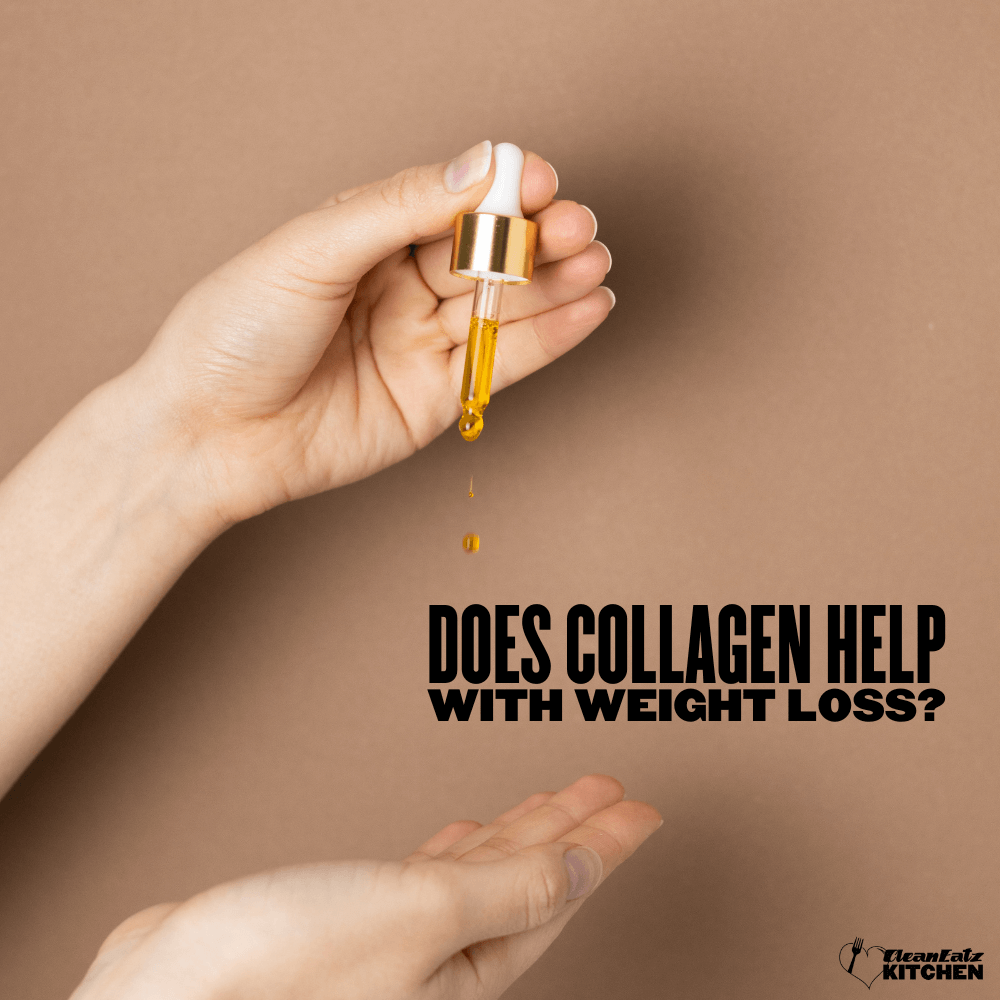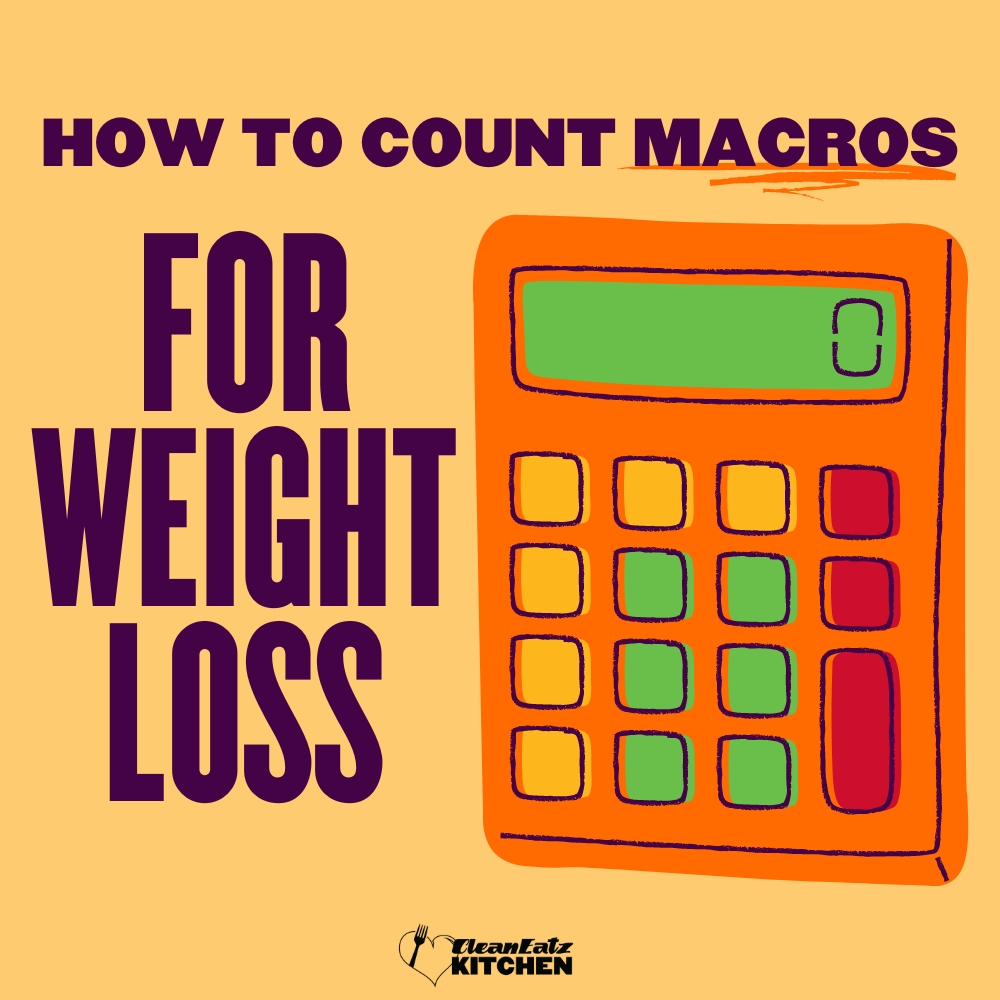
Why Am I Not Losing Weight on Keto?
Jason Nista
Nutrition
|
Weight Loss
8 minute read
Have you been following a keto diet or keto meal delivery service for a while but still not losing weight on keto? This is a common problem. Today we will look at some of the reasons why keto may not work for you and how you can fix these issues to boost your weight loss.
The Top 4 Reasons of Why Am I Not Losing Weight On Keto Diet
If you're finding that your efforts on a keto diet aren't leading to the weight loss results you expected, there could be several factors at play that might be hindering your progress. The ketogenic diet is a low-carb, high-fat eating plan that aims to put your body in a state of ketosis, where it burns fat for fuel instead of carbohydrates. While many people have experienced successful weight loss on this diet, it may not be as effective for everyone as other weight loss meal delivery plans, and a few reasons could be contributing to this situation.
You’re Not Actually in Ketosis
Have you been on a ketogenic diet for some time but not losing weight on keto? This is when ketone-level testing is useful. Testing your ketone levels is the only way to determine whether you are in a ketogenic state.
How are your ketones tested? A good measurement can be obtained in one of three ways:
-
Urine Analysis
A urine strip changes color depending on the number of ketones present in your pee. Although this kind of testing is the least expensive, its results are usually less precise. Only the ketones that were flushed out and not used for energy by your body are measured by urine testing. You may not notice any ketones in your urine at all because as your body adapts to ketosis, it will use more of the ketone bodies for energy.
-
Breath Examination
Although believed to be a little more reliable than urine testing, breath testing is still not the most precise. Acetone is the type of ketone that is detected in breath (BHB). You can test your breath by blowing into a specialized breathalyzer, which provides a reading depending on the amount of acetone it detects in your breath.
-
Blood Analysis
The most accurate approach to measure your ketone levels is through blood testing. Simply pricking your finger and testing with a blood meter is all it takes. Since nothing can skew the results and you can see the precise level of blood ketones in mMol/L, this method is thought to be the most accurate approach to checking your ketone levels.
You Aren't Eating Satisfying Food
Eating in a calorie deficit is one of the keys to weight loss, but it's also crucial to focus on the type of calories you do consume to ensure you are satisfied. You don't have to constantly be hungry if you eat at a calorie deficit. In reality, being hungry just makes you miserable, makes it harder for you to maintain your diet, and makes it more likely that you will give in to temptation. Eating the correct keto meal plan will help you maintain a calorie deficit while keeping you satiated.
The ketogenic diet's cornerstones are satiating healthy fats, notably saturated and monounsaturated fats. You'll need a lot of high-quality fat sources if you want a high-quality ketogenic diet. MCT oil is especially useful since it increases ketone synthesis and makes you feel fuller for longer, allowing you to switch to a fat-burning mode more quickly than coconut oil.
Good quality proteins, like in high protein meal delivery plans, are also crucial. Wild-caught salmon and other high-fat fish, as well as fatty meat cuts (like a ribeye steak), are great for keeping you full and preventing unhealthy snacking later in the day.
Missing Hidden Carbs Is a Problem
If you're not keeping track of the number of carbs in your diet, they can quickly add up. On a low-carb diet, dairy and nuts should both be used with caution. Overindulging in dairy and nuts to feel full is a mistake people make when following the keto diet, but doing so might secretly increase your calorie intake and carb intake.
Some cruciferous vegetables may also contain hidden carbohydrates, such as cabbage, cauliflower, broccoli, Brussel sprouts, fennel, and turnips. Due to its high sugar content, you should also limit your intake of fruit.
You Are Consuming Too Much Fat
Another common error people make when beginning a ketogenic diet is believing they can consume unlimited amounts of fat. Yes, it's a high-fat diet, and there are a ton of fantastic fat-bomb recipes out there, but that doesn't mean you can stuff yourself silly with olive oil-drizzled bacon and avocados.
Over-consuming fat might result in a calorie surplus that impedes weight loss. Because fats have more than twice as many calories as carbohydrates or proteins, it's important to keep track of how many grams of fat you consume each day. Your individual needs will determine your daily calorie intake.
If you're not losing weight on keto despite reading success story after success story, you might be disappointed. You were hoping for a quick "whoosh," but after losing a few pounds at first, your weight loss has stalled. If you don't know the proper procedures to follow to enter ketosis, the ketogenic diet might be challenging to master. And maintaining ketosis can be difficult once you've reached it.
How can you prepare for long-term weight loss while following the keto diet? The most crucial thing to remember is that each person's body is unique and will respond to the diet differently. It will take some trial and error to determine which meals and behaviors suit your body the best, but the effort will be worthwhile.
Another excellent way to maximize your success while on the keto diet is implementing the help of a meal plan service like Clean Eatz Kitchen. Clean Eatz Kitchen offers various pre-made meals that fit your ketogenic meal plan. These meals are nutritionally balanced and are ready to heat and serve. If you want to maximize your weight loss while following a keto diet, give Clean Eatz Kitchen a try!
Final Thoughts
In conclusion, if you're not losing weight on a keto diet, check if you're truly in ketosis through testing. Focus on satisfying, low-carb meals and watch for hidden carbs. Be mindful of fat intake to avoid a calorie surplus. Remember, everyone's body is unique, so it may take some trial and error. Consider using a meal plan service like Clean Eatz Kitchen for support and success on your keto journey.
FAQ
How long does it take to start losing weight on keto?
The timeline for weight loss on keto varies from person to person. Some individuals may experience rapid weight loss within the first week, primarily due to water weight loss as the body depletes its glycogen stores. However, for sustainable fat loss, it generally takes a few weeks to a month for most people to see significant results on the keto diet. Consistency and adherence to the diet are key factors in achieving successful weight loss.
How often should you take a break from keto?
The frequency of taking breaks from the keto diet depends on individual preferences and health considerations. Some people choose to have occasional "cheat days" where they consume higher-carb meals, while others prefer to stick to the diet without breaks. If you decide to take a break from keto, it's essential to do it mindfully and not overindulge in unhealthy foods. Keep in mind that returning to ketosis might take a few days after a break.
Where do you lose weight first on keto?
The pattern of weight loss can vary among individuals, but it's common for people to lose weight from different areas simultaneously. However, many individuals report losing weight from the abdominal region and face first. It's essential to remember that spot reduction is not possible, and the body will burn fat from various areas over time as you continue to follow the keto diet.
What day of keto is the hardest?
The difficulty of specific days on the keto diet can vary depending on the person's adaptation to the low-carb lifestyle and individual experiences. For many, the initial days (usually the first week) can be the most challenging as the body adjusts to the absence of carbohydrates and enters ketosis. This period is often referred to as the "keto flu," during which some people may experience symptoms like fatigue, headaches, and irritability. However, once the body adapts to burning fat for fuel, many find the diet easier to sustain.
How many kg can you lose on keto?
The amount of weight loss on keto depends on several factors, including the individual's starting weight, body composition, activity level, and adherence to the diet. Some people may experience rapid initial weight loss, while others may see a more gradual decline. On average, individuals can potentially lose 1 to 2 kilograms (2 to 4.4 pounds) per week during the initial stages of the diet. However, weight loss rates may vary, and it's essential to focus on sustainable progress and overall health rather than just the number on the scale.
Related Articles
What Are Examples of Healthy Fats for Weight Loss?
8 minute read
The Effectiveness of Collagen for Weight Loss
7 minute read
How to Count Macros for Weight Loss
7 minute read



